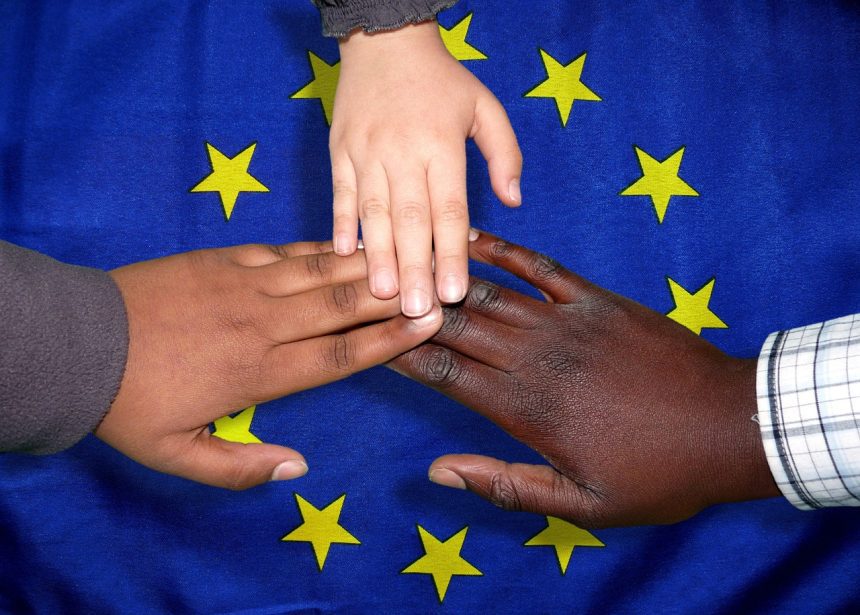Written by Kyriaki Papagiatzoglou
At a time when Europe is seeking solutions to the refugee and migration issues based on human rights, Greece seems to be returning to deterrence policies that flirt dangerously with the criminalization of the need for survival. Recent announcements of “radical changes” in the structures for hosting asylum seekers are not reform – they are a clear attempt to deconstruct the concept of hospitality and asylum, as defined by international and European law.
The public statement that “the Ministry of Immigration is not a hotel” turns the hosting of people into a distorted caricature, implying that asylum seekers enjoy luxuries rather than survive in conditions of forced displacement. Hosting structures are not places of comfort – they are places of minimal protection, where basic needs such as food and shelter are met not as privileges but as fundamental human rights.
The reference to a “hotel menu” and the intention to cut even the already low allowance (75 euros per month) blatantly ignore the harsh reality of those forced to flee their countries. We are talking about people who have gone through torture, wars, detention camps, rape and deportations. Attempting to target these people as “spoiled” who feed on “luxuries” is not only dishonest, but also dangerously offensive.
The message it attempts to send is not addressed to the smugglers, but to the refugees themselves: “do not come here, because not dignity will await you, but punishment” . This is not a management policy – it is a policy of deterrence in terms of humiliation. And yet, the management of migration is not a game of impressions nor a tool for internal consumption. It concerns lives.
The essence of the issue lies elsewhere. The problem is not the menu in the structures, but the lack of substantive integration, access to work, education and legal support. The problem is not the 75 euros, but the policies that trap people in a state of prolonged uncertainty, without any perspective. If we really want to send a message to traffickers, this is not done with penalties for the weak, but with transparency, international cooperation and strictness against circuits, not against victims.
Migration policy must serve social cohesion, democracy and international law – not intimidation and punishment. Greece cannot choose to be part of Europe and at the same time undermine fundamental European values. Asylum seekers are not numbers, benefits or menus – they are people. And no political statement should forget this.











